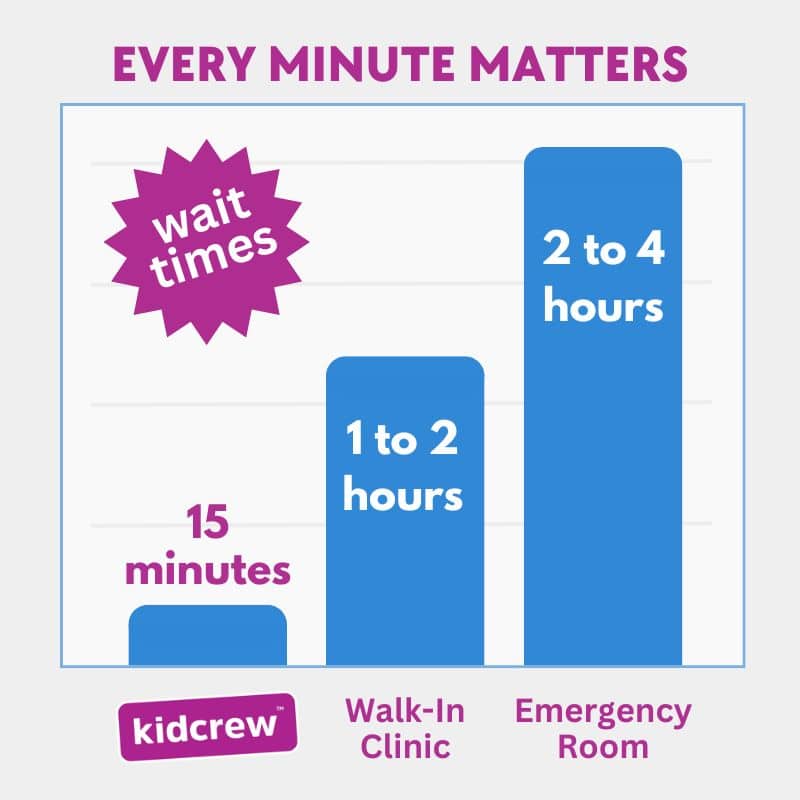Recognizing and Treating Tongue-Tie in Children
It’s a common concern for many parents. Your baby is having trouble breastfeeding, or your toddler is struggling with speech. You hear the term “tongue-tie” and wonder if this could be the issue.
Understanding Tongue-Tie Tongue-tie, or ankyloglossia, is a condition present at birth. It restricts the tongue’s range of motion, interfering with breastfeeding, speech, and oral hygiene. For more detailed information, visit our article on “What is Tongue-Tie?”
Symptoms of Tongue-Tie:
- Difficulty lifting the tongue to the upper teeth or moving it from side to side. This limited mobility can impact speech development and oral hygiene.
- Trouble sticking the tongue out past the lower front teeth. This can affect the ability to eat properly and may cause discomfort.
- A tongue that appears heart-shaped or notched when stuck out. This is a visible indicator that the frenulum is too tight.
Immediate Home Care Strategies:
- Consult with a pediatrician or lactation consultant. If breastfeeding issues arise, professional guidance can help determine if tongue-tie is the cause.
- Observe for speech difficulties. As your child grows, pay attention to any speech impediments that may suggest restricted tongue movement.
When to Consider Surgery:
- Significant breastfeeding problems: If your baby is having trouble feeding and gaining weight, surgical intervention can help improve feeding efficiency.
- Speech difficulties: If your child struggles with speech due to limited tongue mobility, surgery can enhance their ability to articulate words clearly.
- Oral hygiene issues: Difficulty with tongue movement can lead to problems with oral hygiene, increasing the risk of cavities and gum disease.
Why Doctors Recommend Surgery for Tongue-Tie
- Cost Considerations: It’s *Free! Pediatric surgery is covered by Ontario’s OHIP, making it a cost-effective option without out-of-pocket expenses.
- Follow-Up Care – Easy and Quick Follow-Up: At Kidcrew, a multidisciplinary clinic, follow-up appointments are convenient and typically available the same day, ensuring continuous care and monitoring.
- Significant Breastfeeding Issues: If your baby struggles with latching or feeding, resulting in poor weight gain, pediatric surgery can effectively address these issues.
- Speech Development Concerns: If your child has difficulty articulating words clearly due to restricted tongue movement, surgery by a pediatrician can provide the precision needed for optimal results.
- Oral Hygiene Problems: If your child faces challenges in maintaining oral hygiene, which increases the risk of cavities and gum disease, surgery can offer a more controlled solution.
What to Consider with Laser Surgery for Tongue-Tie
- Cost Considerations: Potential High Cost: Laser surgery can cost up to $1500 or more, as it is not covered by OHIP.
- Follow-Up Care: Potential Wait Times: Follow-up at a dental office often requires a referral and can involve significant wait times, which may delay necessary post-procedure monitoring and care.
- Preference for Minimally Invasive Procedures: While laser surgery is less invasive and may have quicker initial recovery times, the long-term benefits compared to surgical intervention are still debated among professionals.
- Specific Recommendations from a Specialist: If a dental specialist specifically recommends laser surgery for your child’s condition, it may be worth considering, but ensure you weigh this advice against that of a pediatrician.
- Availability of Equipment and Expertise: Laser treatments require specialized equipment and training, which might not be as readily available or reliable as pediatric surgical options.
* Note: Kidcrew’s pediatricians require one follow-up visit with a Certified Lactation Consultant to ensure your child adapts to their newfound ability to properly latch and feed. This visit costs $60. In addition to our pediatricians, Kidcrew offers a multidisciplinary team including speech pathologists and other specialists to ensure the best chance of success. Your pediatrician will closely monitor the success of the procedure (covered by OHIP), ensuring the best outcomes for your child.
“Surgical intervention for tongue-tie can greatly improve a child’s quality of life by addressing feeding and speech issues effectively.”
– Dr. Dina Kulik
Preventive Measures:
- Regular pediatric check-ups: Routine visits to the pediatrician can help monitor your child’s oral development and catch any issues early.
- Early consultation with specialists: If tongue-tie is suspected, seeking early advice from a specialist can help determine the best course of action.
Taking the Next Steps for Your Child’s Health
Tongue-tie can significantly impact a child’s ability to feed and speak properly. Recognizing the symptoms and understanding when to seek professional help is crucial. If you suspect your child has tongue-tie, consult with your pediatrician to explore the best treatment options. At Kidcrew, our experienced team is here to provide the care and guidance your child needs. Book a consultation with one of our pediatricians today to ensure your child’s health and well-being.
Not a patient at Kidcrew? Not a problem!
Book a same-day urgent care visit (covered by OHIP), and our pediatrician on duty will provide the guidance your child requires.






































